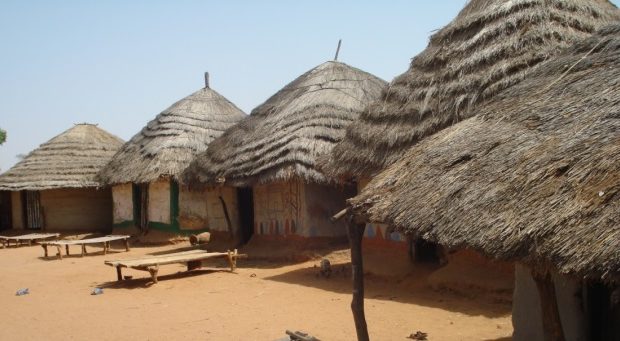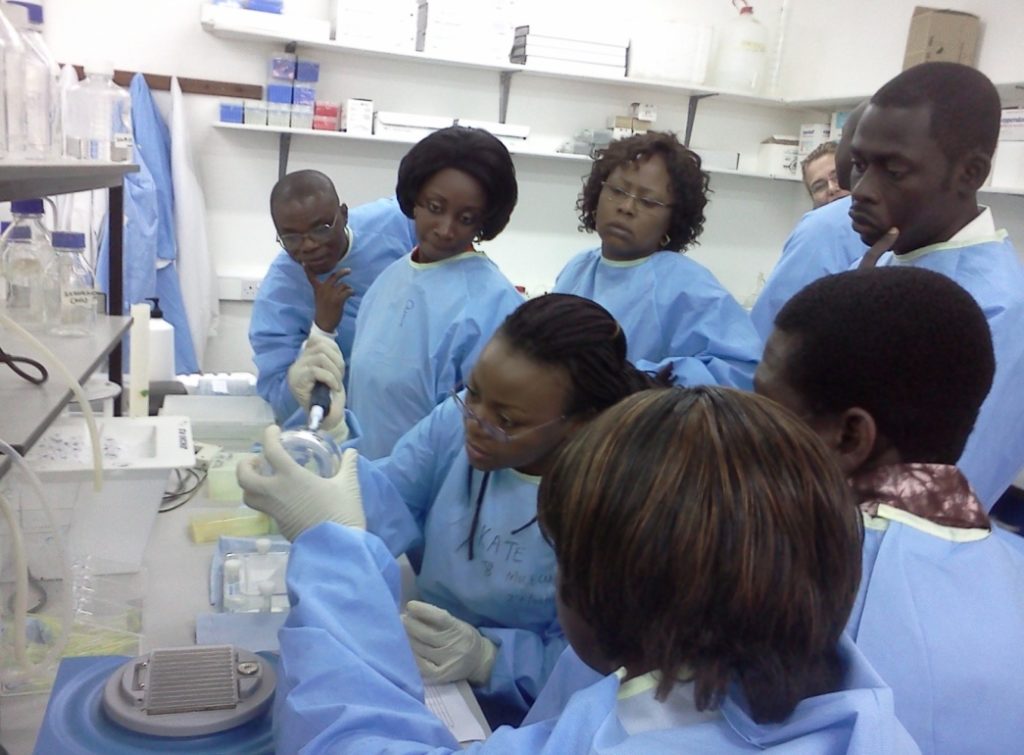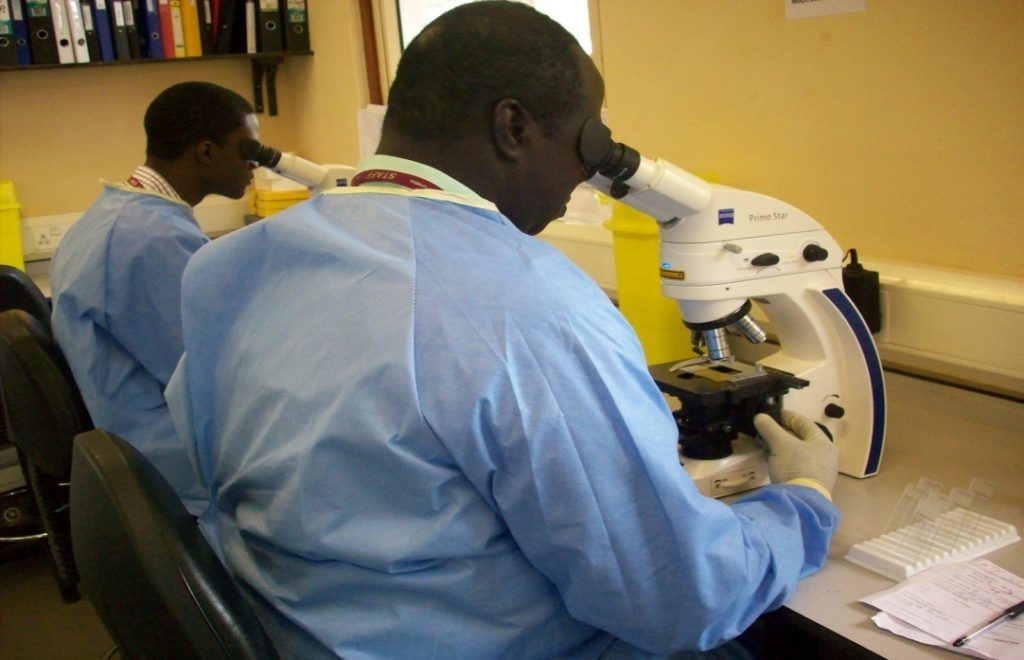
Just in time with the UN General Assembly’s declaration of antimicrobial resistance being a global health emergency, we completed and published a collaborative study estimating the importance of mycobacterial resistance to anti-tuberculosis (TB) drugs in eight West African countries (Senegal, The Gambia, Guinea-Bissau, Burkina Faso, Togo, Mali, Nigeria and Ghana). This was done within the TB work package (led by Professor Martin Antonio) of a scientific network, the West African Node of Excellence for TB, AIDS and Malaria (WANETAM).
Here we want to introduce this newly created network and point out the manifold opportunities this initiative will open up.
We were facing challenges mostly unknown to Western countries
WANETAM, funded by The European & Developing Countries Clinical Trials Partnership (EDCTP) was inaugurated in 2008 at a time when TB drug-resistance data in West Africa was as limited as the capacity to conduct international clinical trials within the region. Although we were facing challenges mostly unknown to Western countries, we were able to overcome these constraints through one of the largest scientific West African collaborations to date.
First of all, before conducting any international clinical trial, a solid and transparent administrative managerial system was needed that allowed the allocation and management of funding to the various partner institutes. We undertook financial and project management training at all sites to ensure that sites are clear and conversant with funding policies. Project Managers were trained to ensure timely project execution and delivery.
Each country now has IATA certified shippers, some of which were even crucial in shipping hazardous samples during the recent Ebola outbreak in West Africa
While it is a given in the Western world that dry ice for sample shipment is readily available; this is not necessarily the case in West Africa and a major obstacle. For WANETAM, dry ice needed to be flown in from Europe to ship samples (via Europe) between our partner institutes – a major logistical effort that we achieved.
To make matters even more difficult, for the airlines to accept TB isolates on dry ice as cargo, safe packaging through qualified shippers, certified by the International Aviation Authority (IATA), had to be assured. These were trained within the network and we are proud to announce that each country now has IATA certified shippers, some of which were even crucial in shipping hazardous samples during the recent Ebola outbreak in West Africa.
For the actual research part of the project, we also had to build capacity on various levels. To achieve common quality standards between study sites, trainings in Good Clinical Laboratory practice (GCLP) were done and joint Standard Operating Procedures (SOPs) for laboratory assays were established, this allowed the comparability of results between countries.

On the laboratory end, we organised seven workshops to implement basic and advanced TB diagnostics to conduct the desired drug-resistance study. Sixty West African researchers from eight countries were trained in the various techniques, as outlined in more detail in our publication. These researchers successfully collected TB isolates across the region for drug-resistance testing at the MRC Unit The Gambia category three tuberculosis laboratory.
Of wider interest is the fact that, selected isolates are currently compiled in a West African biobank, which can then be used to validate novel diagnostics. A West African panel for product evaluation is of particular interest, as the region (and therefore the WANETAM biobank) features the highest genetic diversity of mycobacterial lineages worldwide.

At the start of WANETAM, most of West Africa was an unknown white spot on drug-resistance surveys of previous WHO TB reports, and drug-resistance was thus assumed to be a problem of other parts in the world.
We, however, showed that TB drug-resistance is actually a massively underestimated problem across West Africa and sub-regional surveillance systems, common TB control policies and the provision of second-line drugs are all urgently needed before too late.
TB drug-resistance is actually a massively underestimated problem across West Africa
Over the last 8 years, WANETAM has developed into a powerful, novel platform to conduct internationally competitive West African TB research in multi-centred trials across the sub-region as a whole. To maintain this important network, we are currently seeking further funds to start the next phase of this West African collaboration, WANETAM 2, and hope that potential funders may agree that this network needs to be maintained.
2 Comments